
Frugal Living Friday: Giving Tuesday and the Heart of Generosity
Frugal Living Friday: Giving Tuesday and the Heart of Generosity Home / Frugal Living Friday: Giving Tuesday and the Heart of Generosity Frugal Living Friday:
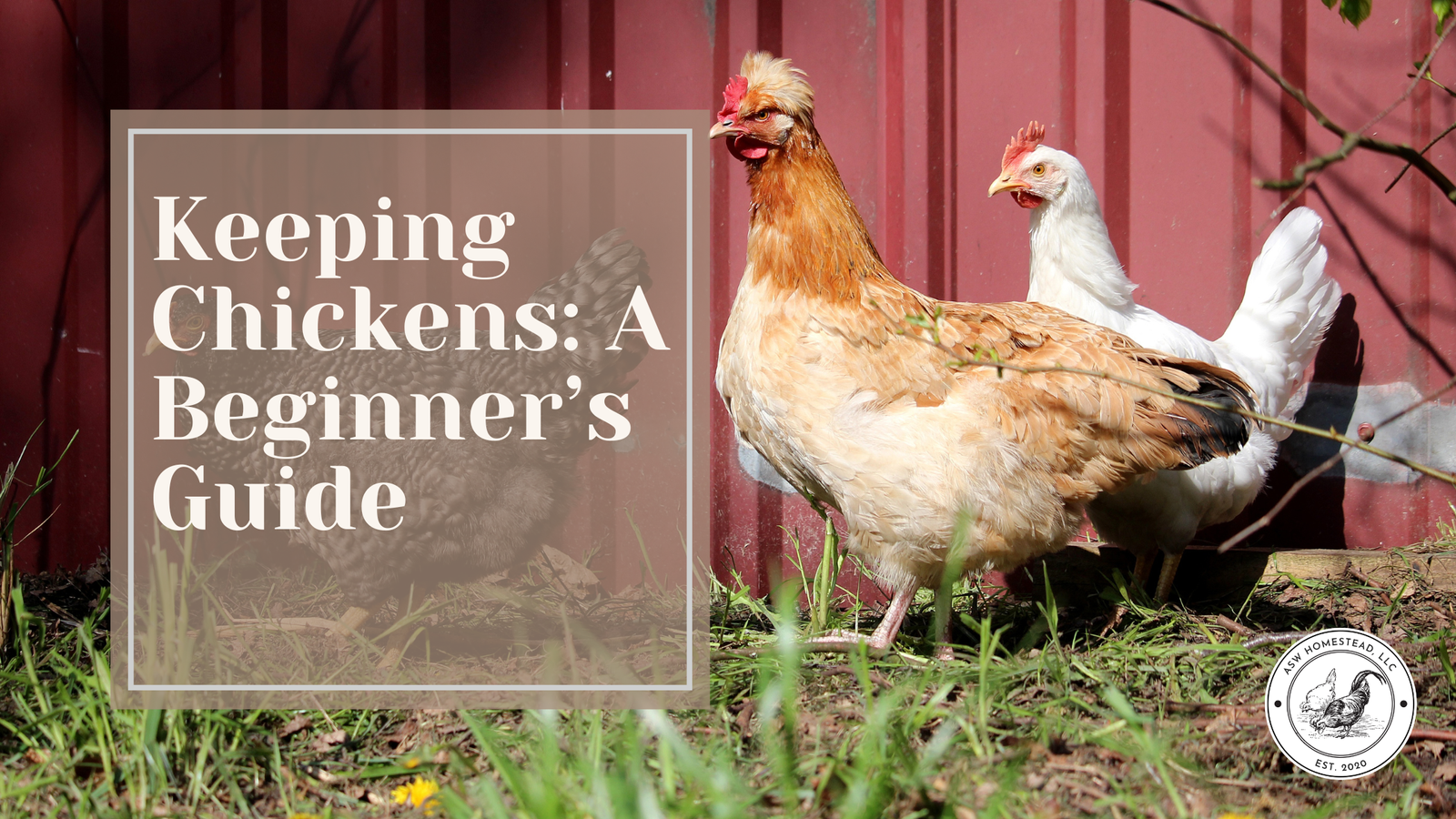
Welcome to the world of keeping chickens! Chickens are a fantastic addition to any homestead. They’re low maintenance, incredibly rewarding, and let’s not forget—those fresh eggs are pretty amazing. This guide will walk you through the basics to get started with your very own flock.
Before we dive into the how-to, let’s talk about the why. Why should you consider chickens on your homestead?

Not all chickens are created equal. Some breeds are better for eggs, others for meat, and some are dual-purpose. Here’s a quick rundown of four popular breeds:
Rhode Island Reds: Great for beginners, these chickens are hardy and excellent egg layers, producing about 250-300 brown eggs per year.
Leghorns: If you’re after egg production, Leghorns are a top choice. They’re a bit more high-strung but lay around 280-320 white eggs annually.
Orpingtons: These are dual-purpose birds, meaning they’re good for both meat and eggs. They’re friendly, easy to handle, and lay about 200-280 brown eggs per year.
Wyandottes: Known for their hardiness and beauty, Wyandottes are good layers (200-260 eggs per year) and are great for colder climates.
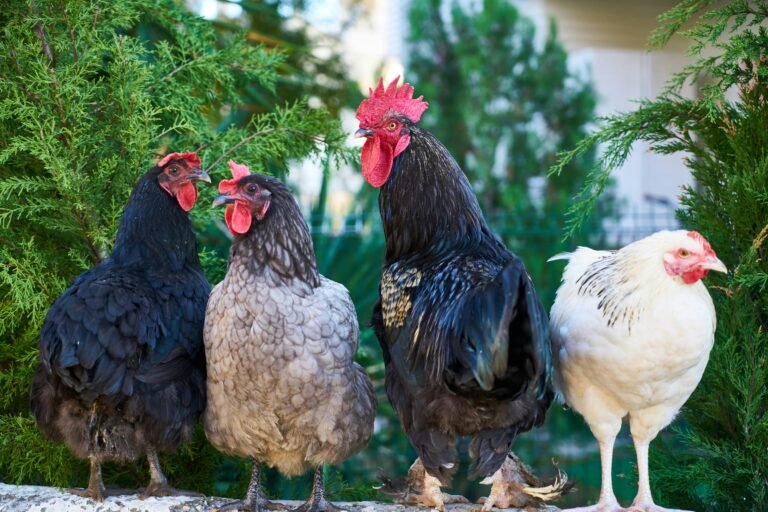
Your chickens will need a safe, comfortable place to live. Here’s what to consider when setting up your chicken coop:
Size and Space
Nesting Boxes
Roosting Bars
Ventilation
Predator Protection
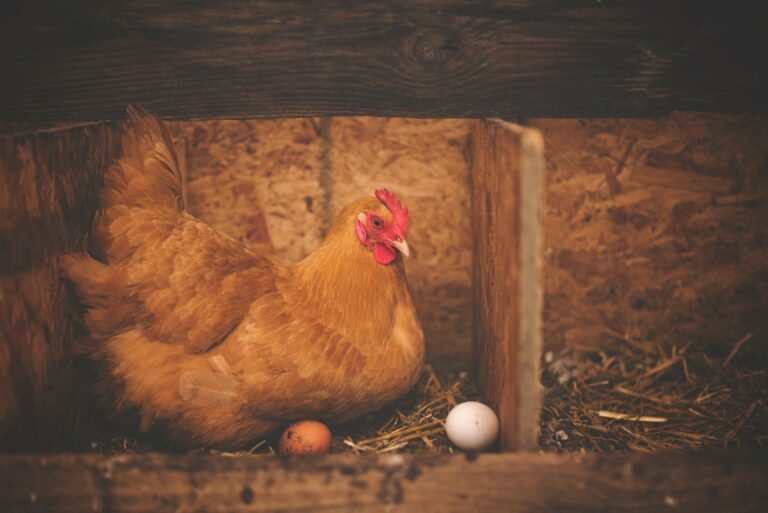
A balanced diet is key to healthy, happy chickens. Here’s what they need:
Commercial Feed
Grains and Scratch
Kitchen Scraps
Grit and Calcium
Water
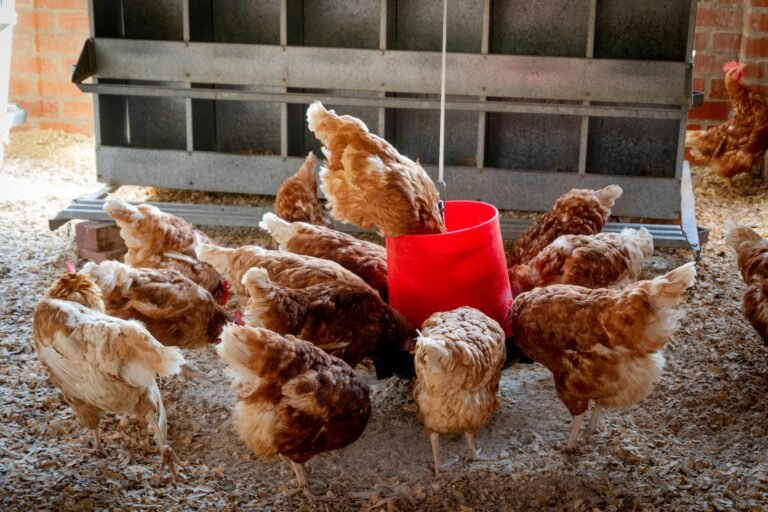
Raising chickens doesn’t require a lot of work, but there are some daily tasks you’ll need to keep up with:
Watering: Ensure their water is clean and filled every day. In the winter, you might need a heated waterer to prevent freezing.
Feeding: Top off their feeder with fresh feed daily. Make sure they always have access to food.
Egg Collection: Collect eggs daily to keep them clean and to prevent any from getting broken.
Coop Cleaning: Spot clean the coop daily, removing droppings from the nesting boxes and roosting bars. Plan for a more thorough cleaning once a week.
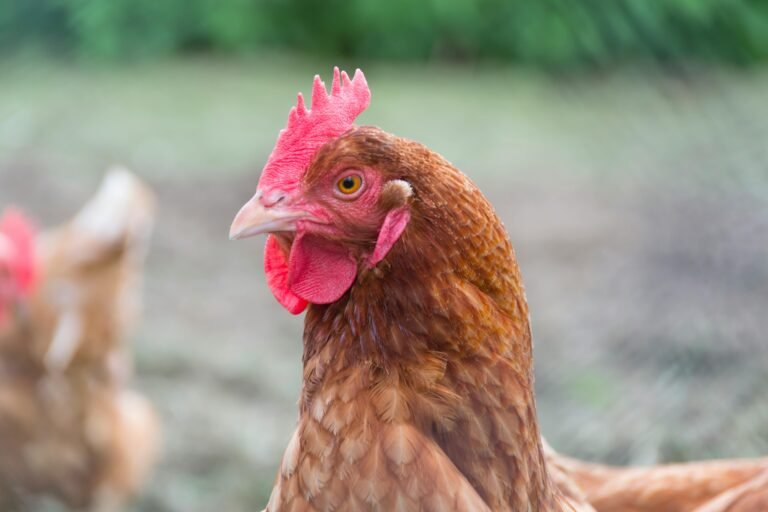
Chickens are generally hardy, but they can get sick. Here’s what to look out for and how to keep your flock healthy:
Common Health Issues
Preventative Care
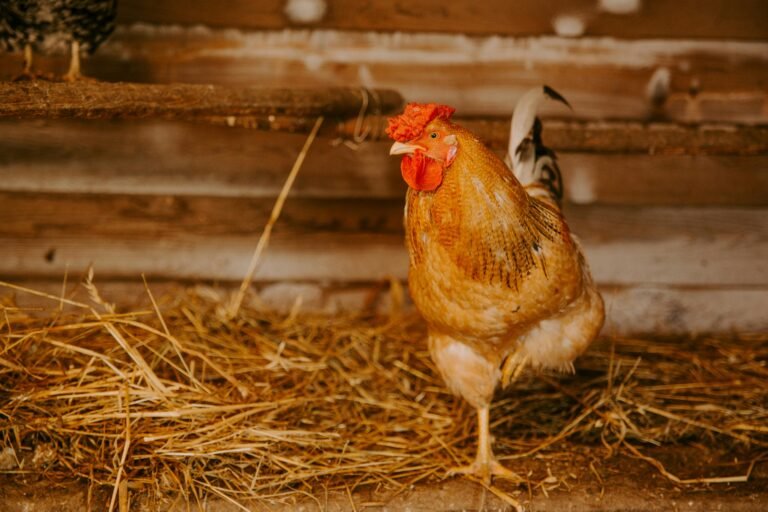
One of the best parts of raising chickens is the fresh eggs. Here’s what you need to know about egg production:
When to Expect Eggs
How Many Eggs?
Encouraging Laying
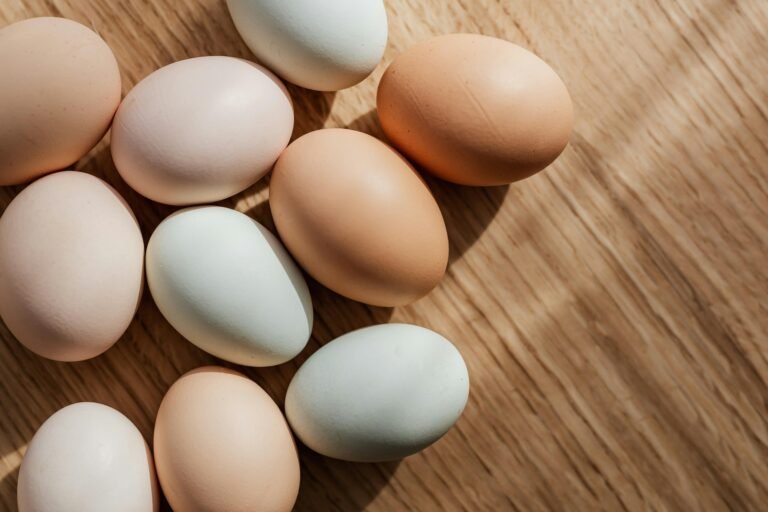
Chickens’ needs change with the seasons. Here’s how to care for them year-round:
Spring and Summer
Fall and Winter
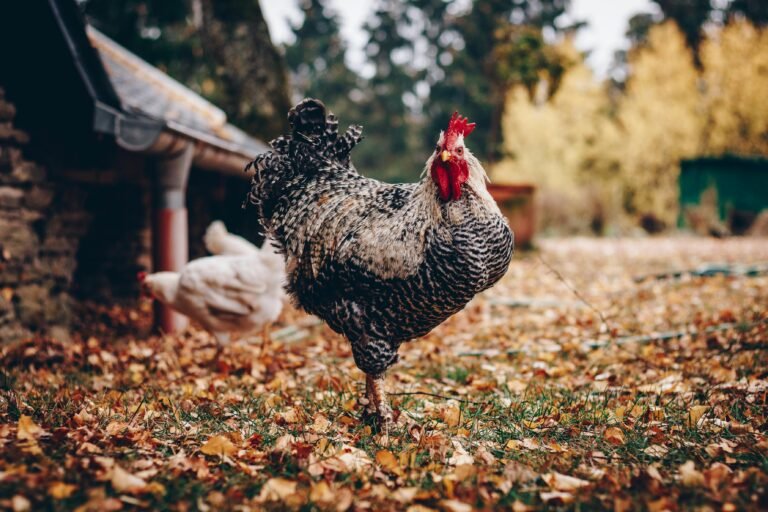
Chickens can be a harmonious addition to the rest of your homestead. Here’s how to integrate them smoothly:
Gardening Companions
Composting Partners
Livestock Co-Habitation
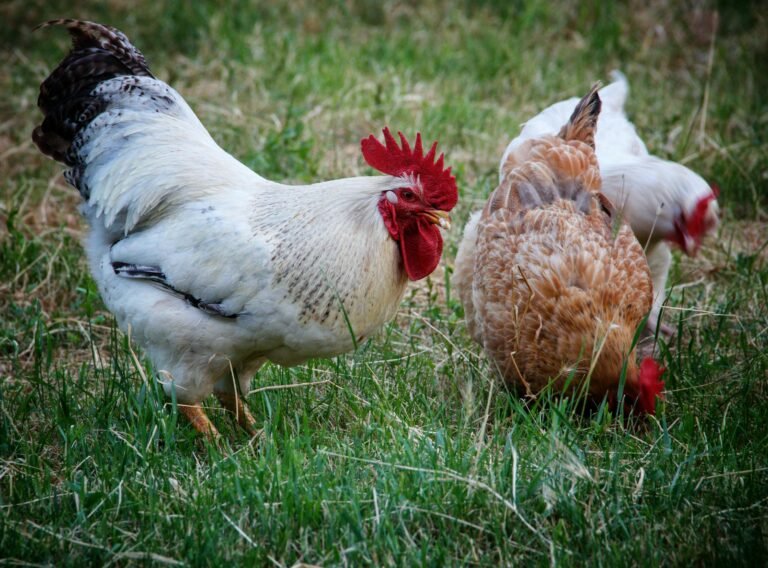
Keeping chickens is one of the most rewarding aspects of homesteading. They’re fun to watch, provide delicious eggs, and contribute to the overall health and sustainability of your homestead. With a little care and attention, your chickens will thrive and become an integral part of your homestead life. Happy homesteading!

Around here, we’re learning as we go—one season, one project, and one lesson at a time. I’m glad you’re along for the journey.

Frugal Living Friday: Giving Tuesday and the Heart of Generosity Home / Frugal Living Friday: Giving Tuesday and the Heart of Generosity Frugal Living Friday:

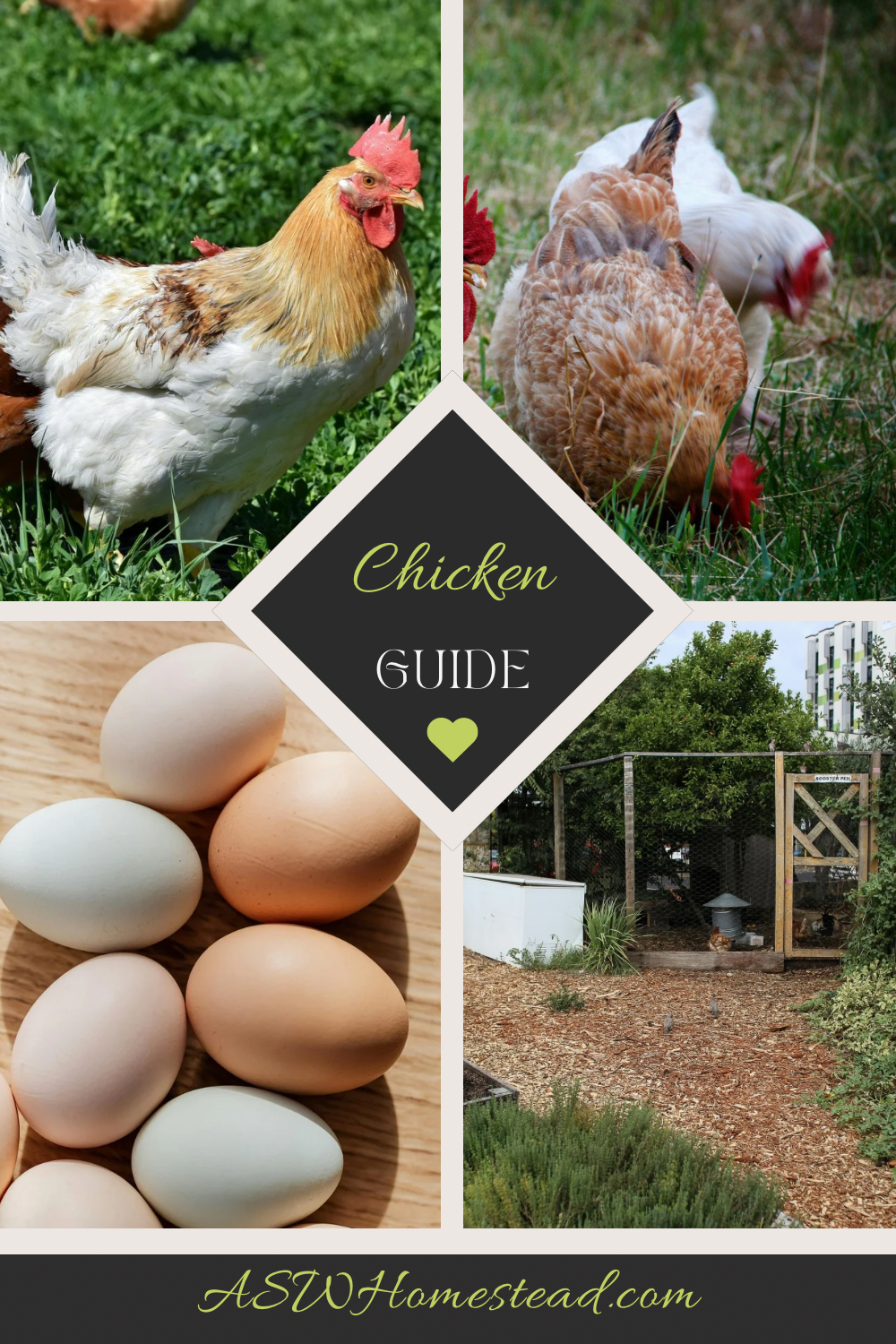
6 Responses